Artificial Intelligence in Smart Devices
AI is changing the way we use technology, and interacting with smart devices is the most notable example of this. From homes to wearables, AI improves efficacy, functionality, and the overall experience tailored specifically towards the user. This article will analyze the role of AI in smart devices, its implementation, advantages and challenges, as well as forecasts for the years to come, with special focus on mobile SEO and easy readability.
Understanding Artificial Intelligence
What is AI?
Essentially, AI tries to replicate human intelligence in machines. With technology such as machine learning, natural language processing, and computer vision, AI gets its power. In the case of smart devices, AI processes user orders, learns from their interaction, and makes independent actions. Unlike legacy systems, AI evolves with time which makes it perfect for smart homes or wearables. This feature is what pushes the development of smart technology.
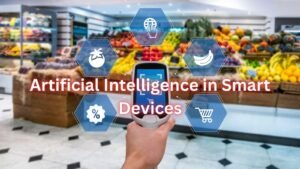
The Development of Smart Devices
Evolution of Smart Technology
Devices whose operation relies on sensors and software, and which must be connected to the internet are referred to as smart devices. The development of these devices stem from basic automation. They have been integrated with new AI technologies and IoT. Smart devices are now able to learn an individual’s preferences instead of following basic preset instructions. The smart home market signifies this investment growth as its revenue was $66.87 billion in 2019, is expected to hit $154.37 billion in 2024, and $231.57 by 2028 according to (Smart Home Systems).
Uses of AI Technology in Smart Devices
AI-Powered Applications
AI technology is used in a variety of smart appliances in a wearable tech category. Here are some listed examples:
- Voice Operated Smart Home Assistants: These include Sony’s Alexa, Google Assistant, and Apple’s Siri which execute commands such as controlling the thermostat, lights, or setting alarms through AI voice recognition (Home Automation).
- Wearable Technology: Meta Smart Glasses provides options for voice command assistant. The AI Pin developed by Humane is designed to create messages, draft and translate languages (AI Devices).
- Autonomous Vehicles: Self-drive cars which are classes as IoT devices rely on AI to navigate and detect obstacles thus enhancing driving safety (AI in IoT).
- Other Examples: Other AI devices include smart refrigerators which are programmed with AI to help suggest recipes and control energy consumption.
- Security Systems: AI Powered Devices such as smart doorbells manufactured by Ring utilize AI in facial recognition and motion detection (AI powered devices).
- Health Wearable Devices: AI powered devices include Garmin Epix Pro which tracks various health parameters.
- Robotics: Samsung Bot Handy uses AI to load dishes (AI-Powered Devices).
These programs demonstrate how AI is integrated into devices to make them smart and useful.
Devices of Interest
| Device type | Examples | AI Application |
|---|---|---|
| Smart Home Assistant | Amazon Alexa | Voice control, routine automation |
| Wearable | Humane AI Pin | Message drafting, language translation |
| Autonomous Vehicle | Self-driving car | Navigation, obstacle detection |
| Security System | Ring Doorbell | Motion detection, facial recognition |
| Robotics | Samsung Bot Handy | Household chore assistance |
Infographic Suggestion: Create a unified list of categories and exemplifying AI-embedded devices together with their related functions. Alt text: “Chart displaying AI-assisted smart devices such as home assistants, wearables, and robotics and their main functions.”
Why Smart Devices Need AI
Benefits of AI Integration
Including AI impact in smart devices has utmost necessity because of the impact listed below:
- Increased satisfaction and enjoyment from AI elements: AI foresees users desires making the interaction issues less boring. Smart speakers, for example, adapt to preferred voices.
- Cost Effective – in Energy Consumption: Smart homes powered by AI optimize the energy and lower prices (Smart Home Trends).
- Time Saving: Smart devices like thermostats are AI adjusted spending effort.
- Authoritative Insights: AI offers insightful reports connected with applicable data such as monitoring sensors checking health or energy usage stats.
- Safety and Protection: Security is upgraded through AI equipped cameras in homes powered implanting smart technology that activates and alerts the owners real time.
In other words, it’s impossible to imagine today’s smart devices without these added features powered on AI.
Obstacles and Ethical Challenges
Addressing AI Concerns
AI technology in smart devices has its challenges, including, but not limited to:
- Surveillance: Smart devices automate the collection of personal data, which creates room for privacy concerns (Smart Home Systems).
- Cybersecurity: Smart devices are prone to various cyber-related attacks which compromise user security and sensitive information.
- Informational Ethics: Concerns emerge about how usable health or behavioral information is relevant data captured.
- Work Absorption: Automating with AI technologies will likely eliminate positions in some industries.
Transparent practices combined with strict policies alleviate these problems.
Technology and AI Relations
Future Trends in AI
The integration of AI into smart devices comes with predicting trends like:
- Predictive Maintenance: More sophisticated algorithms will enable better monitoring and tailoring of device functions.
- Edge Computing and 5G: Locally-based computation will make devices more responsive due to faster Networks.
- AIoT: The coming together of AI and IoT will develop intelligent systems, for example, homes adapting to sleep patterns (AI Potential).
- Wider Range of Functions: Healthcare and autonomous systems will further deepen the scope of AI technologies.
Generative AI Business Consultant’s Importance
Business consultancy regarding generative AI focuses on the incorporation of AI innovations to smart devices by:
- Formulation: Defining the areas where AI will yield maximum value.
- Designing Implementing Steps: Steps of seamlessly adding AI to devices.
- Ethics: Guiding clients in conducting proper acts of law and morals regarding information.
- Maintaining Proper Standards: Inform clients of emerging trends on AI technologies.
Through businesses such as HData Systems, clients can utilize expert services in the development of AI Systems for Smart Homes (Smart Home Systems).
Conclusion
The Future of AI in Smart Devices
Artificial Intelligence is transforming smart gadgets into incredibly adaptive and efficient tools that cater entirely to the user’s latest demands. Be it a virtual assistant or devices worn on the body, AI impacts almost every aspect of people’s daily routines. At the same time, problems of privacy, security, and ethics should be resolved. However, the future holds prospective possibilities is fueled by trends such as AIoT and 5G. The innovations which are set to emerge are boundless. Through AI consultancy, businesses can be aided in adapting to these changes while keeping the integration responsible and impactful.
Key Citations
- The Role of Artificial Intelligence in Smart Home Systems
- 20 AI Devices You Should Know About
- AI Integration: Key Trends in Smart Home Technology
- AI in IoT: Enhancing the Power of Smart Devices
- AI in Home Automation: Smarter Living with AI Smart Devices
- 5 AI-Powered Devices to Watch in 2024
- Smart Homes: A Technical Guide to AI Integrations
- Understanding the True Potential of AI in Smart Homes
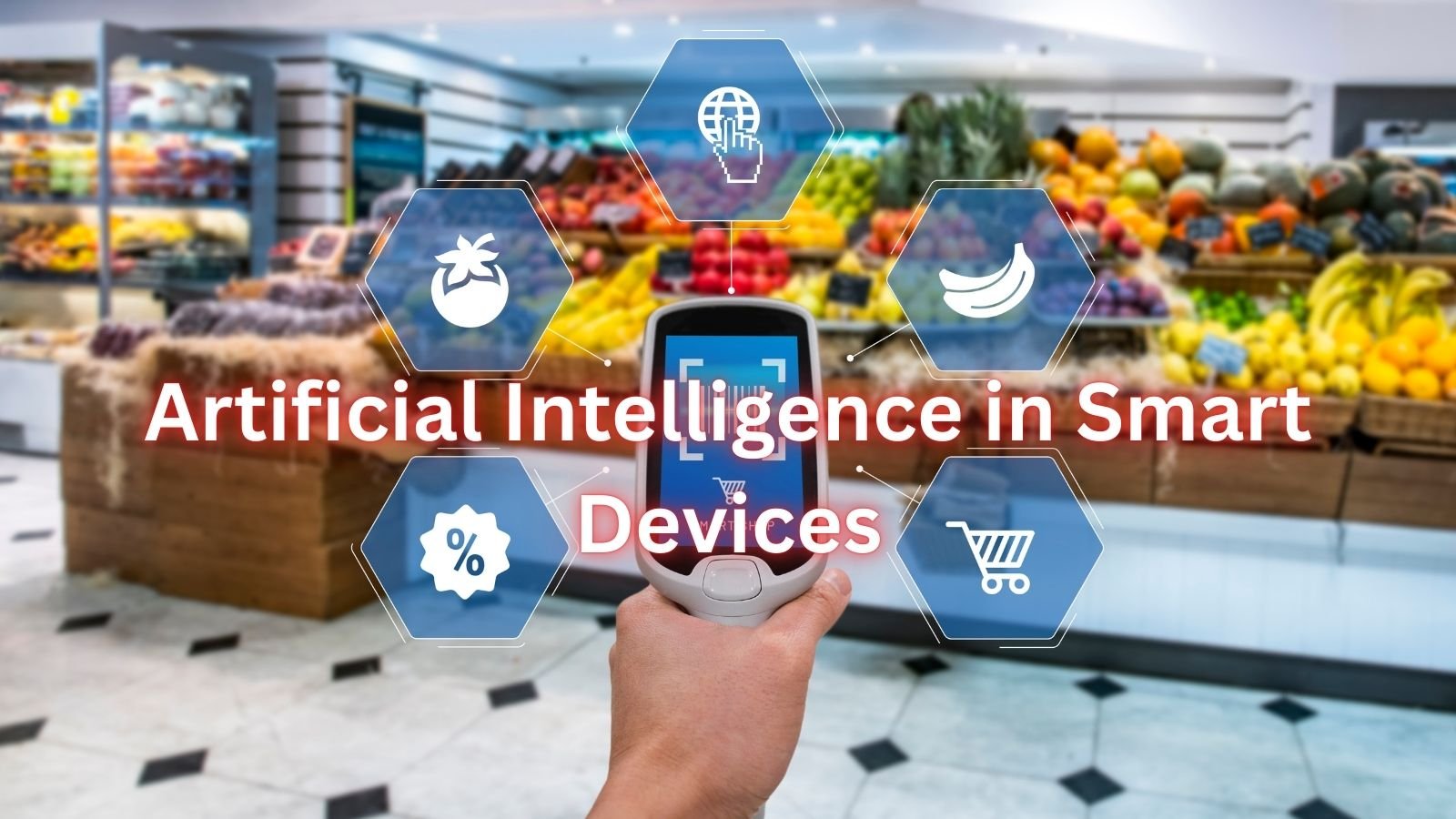

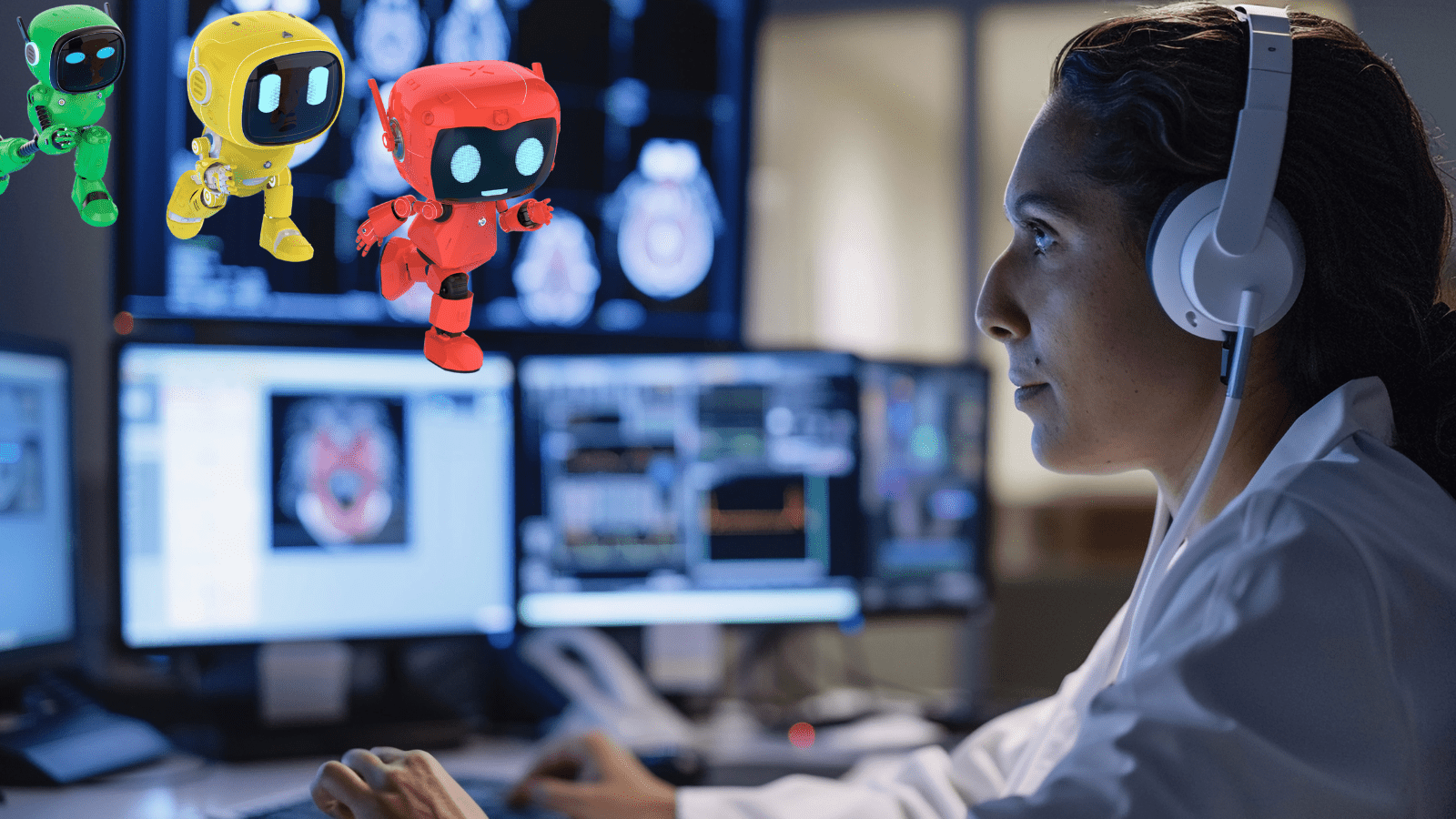




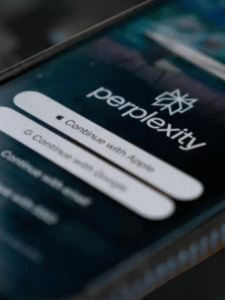





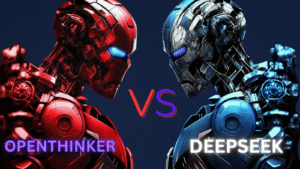


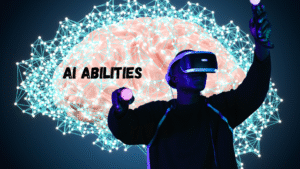
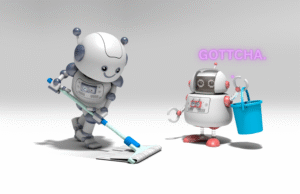

Post Comment